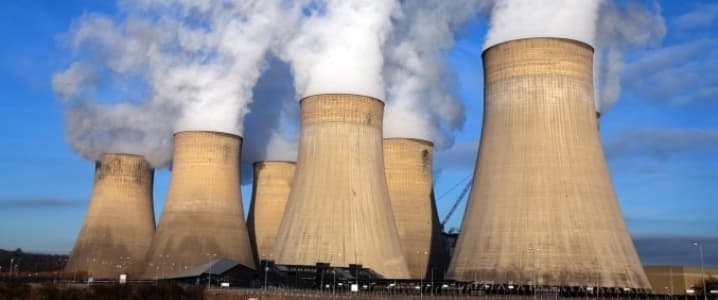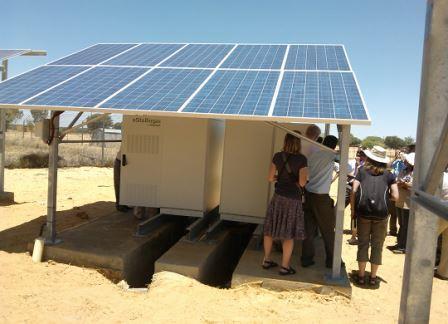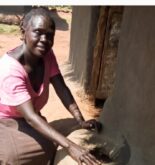By Alicestine October
South Africans were never informed properly that nuclear power is not as expensive as it is made out to be, a nuclear energy expert said Thursday.
Nuclear energy expert, Des Muller dismissed these and other concerns as “propaganda”. He refuted the cost issue but also took aim at corruption concerns over the nuclear build programme in South Africa.
Muller addressed delegates at the just-concluded African Utility Week in Cape Town, South Africa, during a session on the industry’s readiness for nuclear power in the country.
He warned that: “any nuclear build programme must be developed and procured in the most ethical and transparent environment”. “It cannot be developed and built successfully in a very corrupt environment, so you have to get that space clean before you can move into it. You must procure it for the right reasons,” he said.
On the issue of cost, he said many studies have shown nuclear power is the cheapest of all energies. “It depends essentially on how you finance it,” he said. “Koeberg is producing the cheapest electricity in South Africa and has been for the last 30 years and will be for the next 30 years for 26 cents per kilowatt-hour. The average is about 80 cents so its way below the average grid costs,” he argued. These figures could not be immediately confirmed.
According to Muller, it is building a nuclear plant that is expensive and this many people fail to understand. “I promise you do not want cheap nuclear in your neighbourhood. You will want expensive nuclear and safe nuclear power. You want to live next to the stuff and sleep comfortably at night so, it is expensive to build but this is because of the safety systems that go into it.”
Muller said building a nuclear power plant may be expensive, but it should it should be kept in mind that nuclear generates a lot of electricity. Electricity is generated 92% of the time of its 80-year lifespan so, it is about the volume of energy you get out of it and that it is clean.” That, according to Muller is what “makes nuclear cost effective”. “The operational and maintenance costs are extremely low, and we use very little fuel.” He used Koeberg as an example and said all the fuel Koeberg has used for the last 35 years will fit in “less than half of a tennis court”. “That is how much waste it produced for the last 35 years to provide power to half of the Western Cape.”
Cost has often been cited as one of the biggest concerns around South Africa’s nuclear build programme. Pres. Cyril Ramaphosa also raised the affordability issue in Davos during the World Economic Forum earlier when he said South Africa cannot afford to build nuclear reactors. A public outcry also followed when a figure of a R1 trillion for the nuclear build programme surfaced in media reports.
Muller on Thursday said he does not know where that figure came from. “The construction of a nuclear plant can cost you about R60 billion per GW. I would love to be paid a R1 trillion for R10 GW, but not in my lifetime. He also highlighted benefits like localisation. “We can get up to 40% localisation on a nuclear build programme if we prepare way in advance. 40% localisation is R24 Billion of GW. That is the potential we can get to.” Muller said it is important to get the build programme back on track so that we understand what a build programme can do for this economy.
According to him, concerns are raised that 8 to 10 years to build a plant is too long, but it should be welcomed. “Why do we worry that it takes long. It gives people 10 years’ worth of work. We should applaud that. The nuclear industry provides the highest density of employment,” he said.






